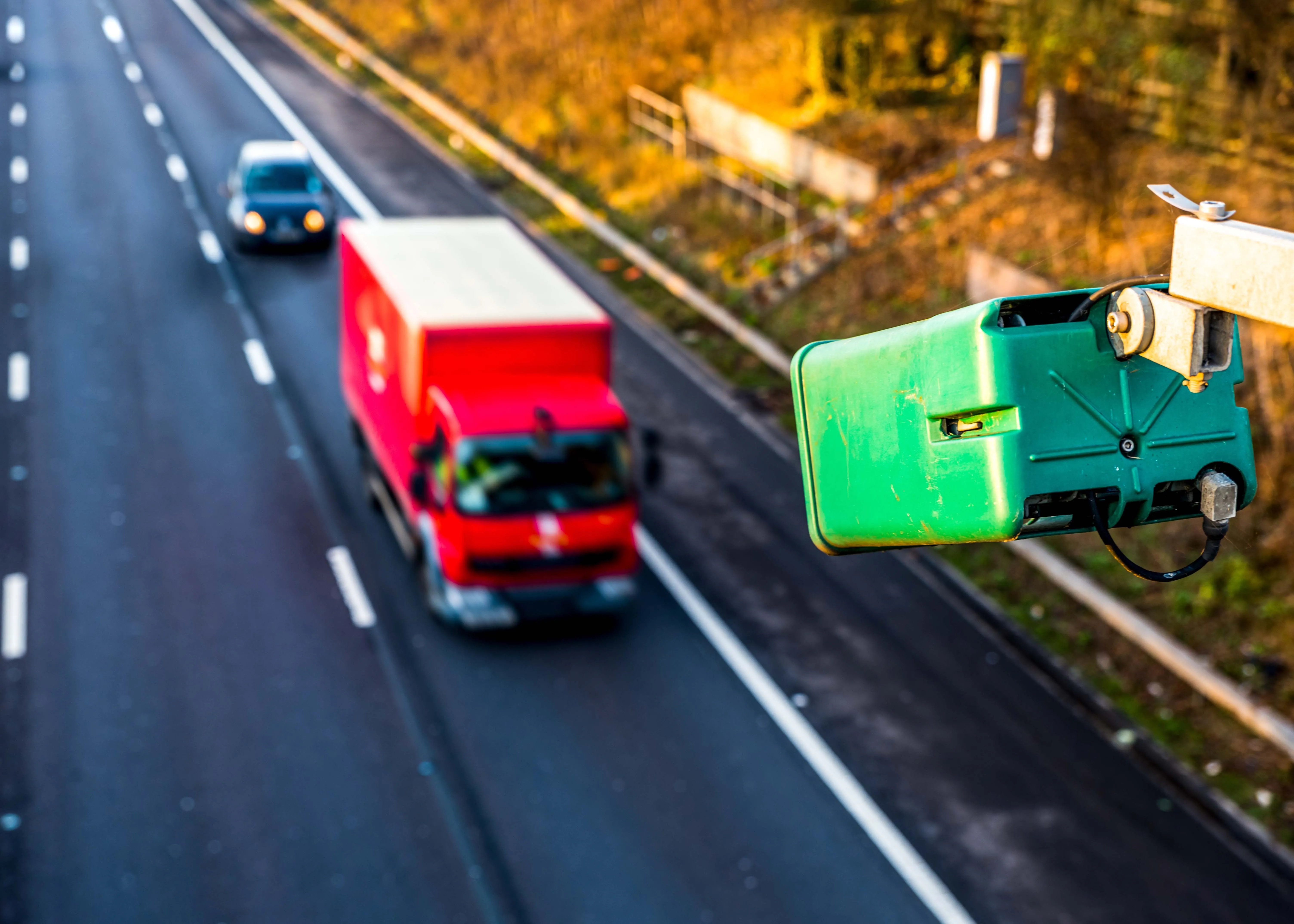
Belgian toll technology provider Be-Mobile has won a major contract in Denmark.
Sund & Bælt Holding, owned by the Danish Ministry of Transport, has hired Be-Mobile to develop and deliver the means to enable truck toll collection on the the country's road network, including collection in low-emission zones in cities.
Sund & Bælt has been commissioned by the Danish Government to implement a 'per-kilometre' tolling scheme for trucks in Denmark, due to start on 1 January 2025.
Be-Mobile's software will support the entire process, from receiving and processing data from moving trucks to calculating toll trips and creating billing details.
Supported by local Danish partner Cowi, Be-Mobile is using a digital map of the Danish road network which considers factors such as height restrictions and road accessibility.
Be-Mobile was selected from three pre-qualified suppliers because they best met the success criteria, according to the evaluation model set by Sund & Bælt.
Criteria include offering a stable, reliable, and high-performing operation that is resource- and cost-efficient.
Be-Mobile's solution could allow expansion of toll collection to passenger cars in the future.
Jan Cools, CEO of Be-Mobile, says: “We see synergies for the coming years between tolling for trucks and passenger cars, combined with value-added services in parking, fleet management and in-car traffic management. With our connected car platform and community services, we are well positioned to play an important role in this evolution.”
Following the launch of Viapass in Belgium in 2016, Be-Mobile rolled out its map matching and route planning services for GNSS toll collection in Belgium and Germany.
These services are part of Be-Mobile's connected vehicle platform that also serves fleet management and in-car traffic management (C-ITS).
Be-Mobile also manages Belgian parking payment app 4411 and the Dutch Flitsmeister safety warning and app.










